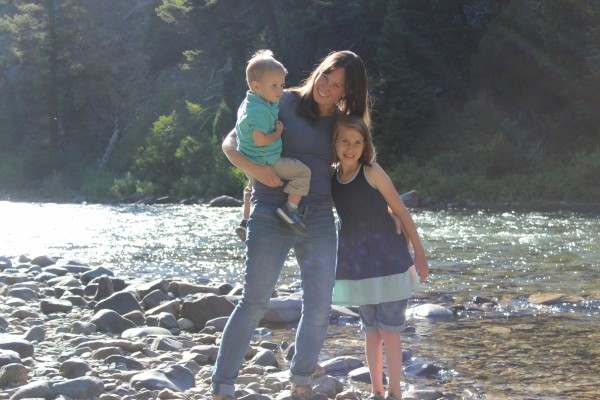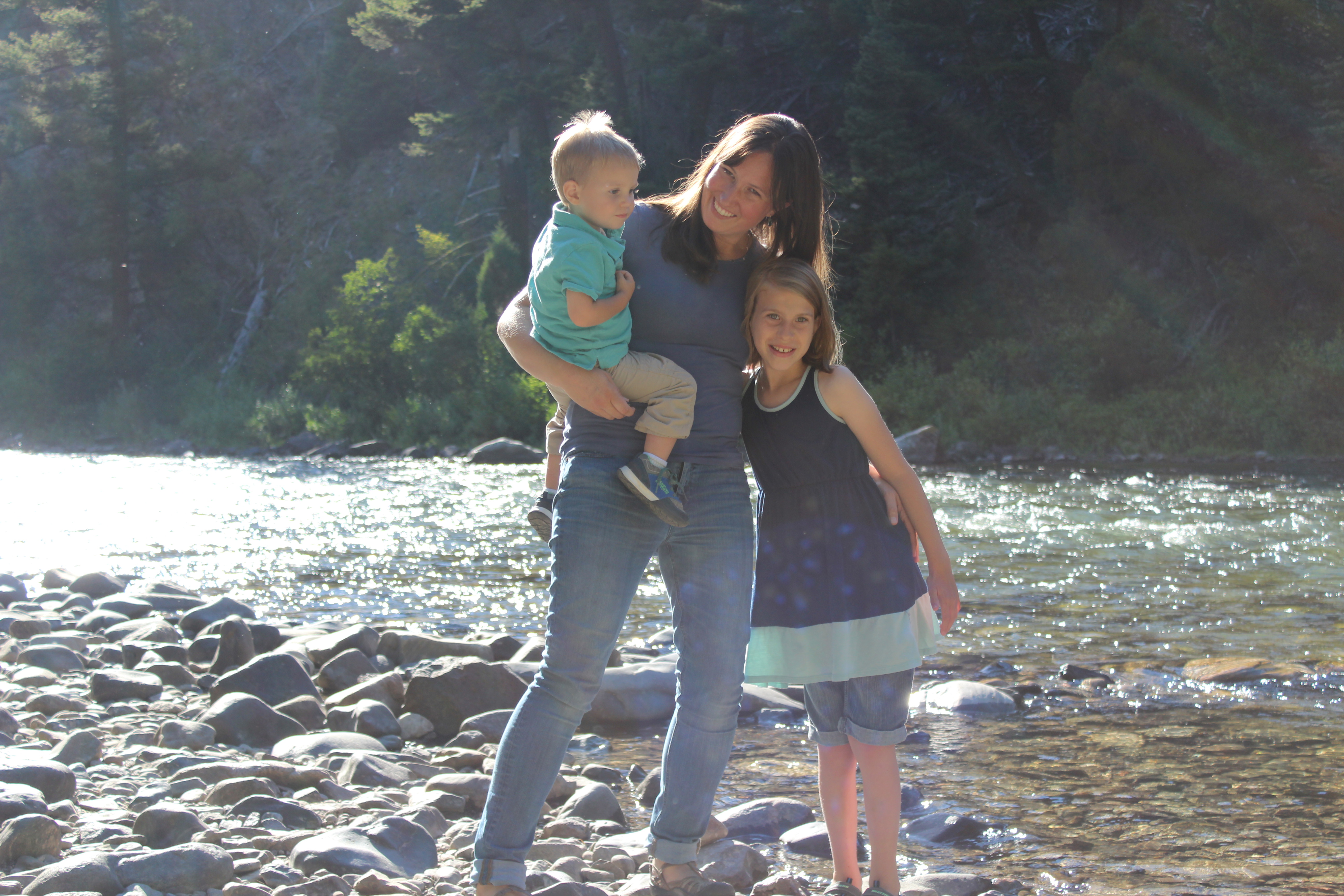
It was 3 years ago that I wrote this post about things that families that have children with special needs don’t tell you. It’s still totally relevant.
Things change as children become older. We learn to work around somethings.
People start to recognize us more as a ‘special needs family’ and less as ‘she has no control over her child‘ family.
Here are 10 more things that us ‘Special Needs Families’ might not tell you, as it relates to pre-teens.
Awareness helps foster acceptance, and as more and more families are joining the ranks of having a child with special needs, more acceptance will mean the transition is easier for these families.
1. We know our kids’ limits.
By the time they’ve gotten to be pre-teens, we have a pretty good idea about what they can handle and what they can’t.
We’re not coddling them because we’re bored, or because we’re afraid, but it’s more likely that we’ve tried ABC hundreds of times, and it’s worked, and we’ve tried XYZ a couple dozens of times, and it’s never worked, so we just want to stay with ABC.
I know TV and movies often show a ‘hero’ that comes in and challenges the status quo for a family that has special needs, and that challenge always results in the child with special needs being able to do something nobody ever thought possible. But for most of us we stick with what we know works because it’s WORKING, and it makes everyone less stressed and able to enjoy things more.
For our family that means we do a lot in nature. If you’re in the middle of the woods and you melt down but nobody but your family hears it, is it still a meltdown? Yes, we have to joke about it too. In addition to being in nature we do athletic activities as much as possible. This helps our kids with low muscle tone and poor motor planning (the ability to translate what we WANT our bodies to do to what our bodies actually are doing), and with the right adaptive equipment (see #3) this is something we can all do together with minimal fuss.
We also enjoy cooking, but I think that mostly is because I enjoy it so it’s less stressful to teach and incorporate the kids in than other activities. Full disclosure: My children also have entirely too much screen time.
2. We are working with special needs within our own family unit, and that’s a struggle.
Just like parents, the siblings of children with special needs don’t automatically come with more knowledge than anyone else. Some books that I recently bought to help the ‘normie’ siblings: Just Because, Views from Our Shoes, Special Brothers and Sisters, Everybody is Different.
3. Adaptive equipment is a must!
Oh yes, we’re still hemorrhaging money… But it doesn’t seem like a ton to pay $250+ for a special stroller so the family can run 5Ks together when you’re already spending more than that monthly in speech therapy or social skills class.
By the pre-teen years most likely we are used to spending quite a bit of money to get everyone involved in activity, and we’re happy to do so. Our finances will look different than yours, and that’s okay.
It’s not only for our child, but essential for everyone in the family to be able to do as many things as we want to together, just like a typical family. And remember, it’s super hard to find childcare for our SN children, so this may be the only way that we actually get to *do* things.
4. Our Special Kids don’t always like what’s available for them.
They want to do what they see everyone else doing. This is especially true when they have typically developing siblings. We have awesome disability resources in this area (a big part why we moved here), and yet my child knows they’re for ‘different’ kids and she wants to do stuff with her brothers.
5. We know the lingo… And sometimes we revert to slang anyway.
It takes effort to be politically correct! I know… you’re supposed to say ‘child that has special needs’ rather than special needs child. But it sounds forced. And when someone tells me that ‘she just needs to learn,’ yes… I will occasionally snap ‘she has a learning disability! She can’t!’. Not the best way to be an ambassador, but sometimes I am done being an ambassador and I am just being a person who has been pushed to their limits.
6. Routine is key.
And I can’t always stick with it. Because the bills need to be paid, the sprinkler repairman needs to be talked to, we needed a new car and a new microwave, and there is a festival that my other kids want to go to that only comes once a year. Summers are hard. I am beyond thankful for our school system, the low student/teacher ratio, and their ability to keep a consistent schedule most of the month.
7. We differentiate families between ‘normie families’ and ‘SN families’.
Those who have an immediate family member with a disability severe enough to warrant an IEP are our best bet for finding understanding friends. When we hire babysitters, we check for experience with children or adults with developmental disabilities, these babysitters know what they’re getting into and are least likely to call us mid-appointment and necessitate a drive home. Yes, we are judgey! We understand that you *think* that you are accepting, but unless you have actually done it before, we’re wary.
8. Our whole family is benefiting from the holistic treatments that we find because of our child with special needs.
The special needs push us to try things that we normally wouldn’t, and sometimes this ends up trickling down to everyone else. In our family, I (the mom) try something I want my daughter to try first. If I don’t have a reaction, we try it with her. If she sees a benefit, we try it with her typically-developing brothers, and sometimes things like eczema, nutrient deficiencies, mood and sleep are helped with them as well!
9. We’re less skeptical than ever.
We’ve seen things that we before thought were crazy turn out to work more times than we can count. I formally was pro-vaccine, anti natural medicine, and pro-anything-chemical. I’ve turned hippie on account of this child who gets a rash from any ‘normal’ bath soap or anything else, used to lose eye contact from any processed food, and had her food allergies completely eliminated by a few touches to her ankle (accupressure).
10. We’re not going to be able to do everything.
It’s great that you want to include our child, or you think that you are making something ‘special needs friendly’, but we know our kids’ specific limits. If you provide ear protection because you know one child with autism who hates noise, that’s totally awesome, and we appreciate the gesture. But we know our own kid (my kid actually craves loud noises, but hates a lot of visual movement… so unless we’re planning on blindfolding her, a lot of events are out. And no, I don’t blindfold her ;) ) and if we decline, please don’t take offense to it.
The reason these kids have IEPs (Individual Education Plans) is because their needs are VERY individual. It’s awesome that you want to include my kids in your fun/overstimulating/chaotic event, and that you think that you’re prepared to take care of her. But I’m her mom, and I’m going to have to do the ‘mama bear’ thing and say NO. No, good intentions just aren’t good enough. And even if she’s okay while she’s there, she’ll come home and act out or be stressed out for the rest of the day and/or week, and it’s not a sacrifice that I’m willing to make. I assure you I’m not trying to offend you, I’m trying to hold together this messy life that I have at the moment.
We’ll participate in what we can. If you really want to HELP us, and not give a token ‘we tried to include her but her mom said no’ then check out this article:
You Know We Have a Special Needs Child, Here’s How to Interact With Our Family
11. Having a child with special needs is hard on everyone, but we might gravitate toward those with a similar disability.
Did I just say there are cliques in the disability groups? Yes there are… When a child has high functioning Asperger’s, it is hard on the family, there are work arounds needed, and there are exhausting accommodations that need to be put in place for this child. But it’s nothing like the family who cannot bring their teen in the grocery store without him taking all his clothes off, or the family planning on long-term care for their child with severe cerebral palsy.
It’s okay. We all should be supportive of each other, but if we want an actually ‘support group’ with families in similar situations to discuss what works and what doesn’t, that’s okay as well.
12. We use bribes like crazy.
Okay, so not all of us. But I do ;) Anything that is difficult after the normal song and dance of routine and consistency gets a bribe to make my life easier. Remember how you used bribes to get your child to poop on the potty as a toddler? Well, honestly a lot of our children are still in toddler/preschooler mindset, and they still work quite well. That brings me to my last topic…
Lucky 13. We’re eventually okay with where we’re at.
It’s different for every family, but there is a scale of ‘do everything possible to deny diagnosis’ to ‘do everything possible to change diagnosis’ to ‘do what helps, but we’re accepting of the diagnosis and planning accordingly’ in most families. Those in the denial stage might be the most frustrating for you to see, but with empathy they eventually will come around. Those on a mission to change diagnosis can move MOUNTAINS for their children, but they might be a little difficult to keep social plans with. And those who are accepting shouldn’t be confused for those who are giving up. Acceptance will look different for everyone, and empathy again is needed.
I hope this was helpful for you! Some more related reading below. Remember, education makes for acceptance. And acceptance makes a much nicer place for everyone, including the people doing the accepting :)
- You know we have a Special Needs Child, here are 10 Things We Haven’t Told You
- Here’s How to Interact with Our Family
- Minimalism and Special Needs
- Things that I did for my Special Needs Child that also Help My Typically Developing Children
- Think Your Child Might Have Special Needs? Start Here.
Learn how to heal leaky gut

60-page ebook of all my best GAPS Diet (Gut and Psychology Syndrome) articles all in one place.



Everything you’ve written is so true. I wish it was easier to share this information and help normal / typical families understand